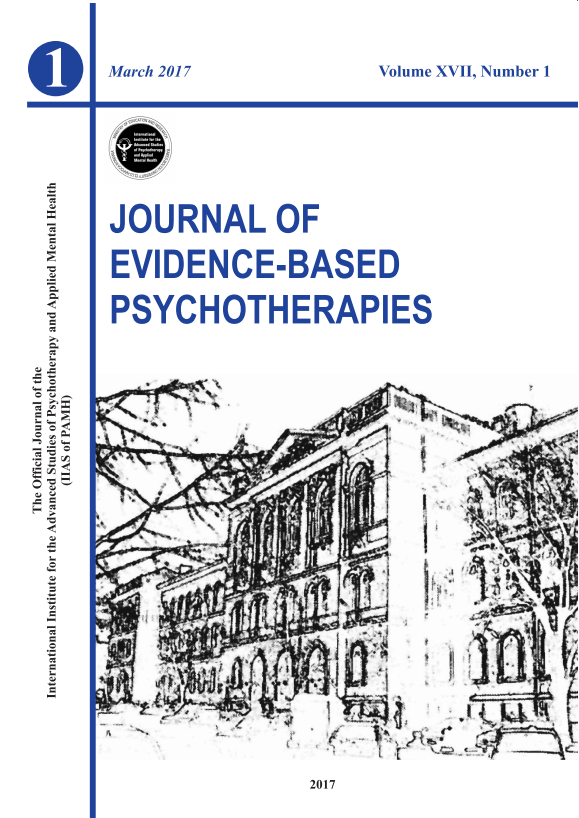E. Thomas DOWD*
Kent State University, Kent, USA
Abstract
This article describes the cognitive developmental model of psychotherapy and applies it to cognitive hypnotherapy. First I trace the development of this model from the original and relatively ahistorical cognitive therapy model. I then describe the movement towards an emphasis on the assessment and modification of cognitive structures, known as tacit knowledge. In this model the mind is seen as an active, organizing and constructing system which constructs its own reality, rather than serving as a repository of acquired information. I describe the central features of this tacit knowledge and how it is acquired. I then apply it to memory processes and modification because it can be important in psychology to gradually change some client memories. I then address the assessment and modification of core cognitive schemas (tacit knowledge) within cognitive therapy. Finally I provide examples of the application of these techniques in cognitive hypnotherapy.
Keywords: Cognitive therapy, cognitive hypnotherapy, tacit knowledge structures, cognitive unconscious
